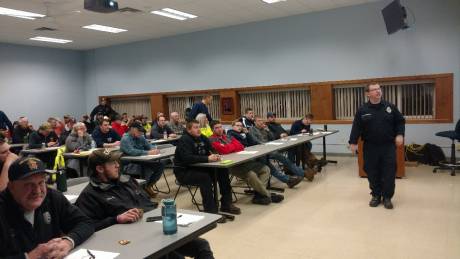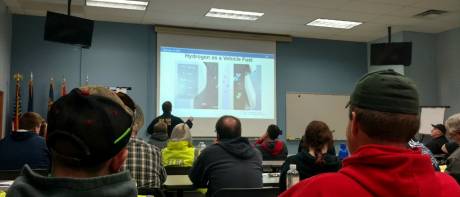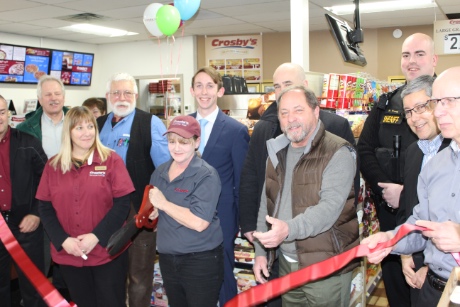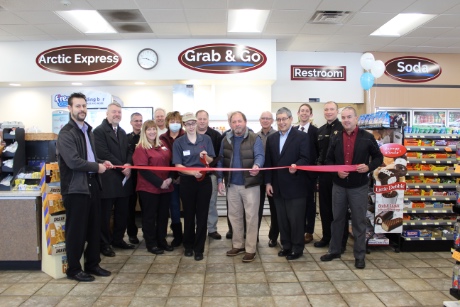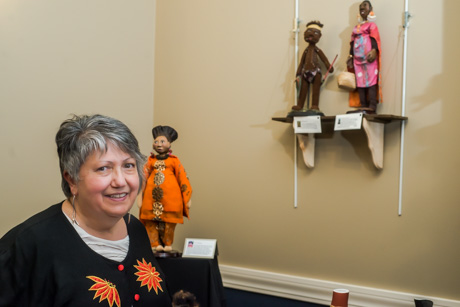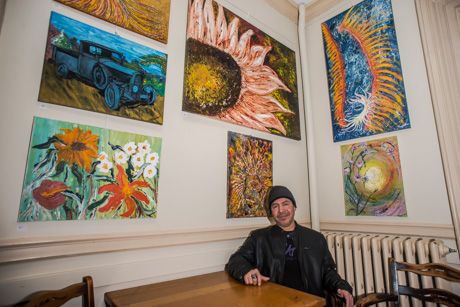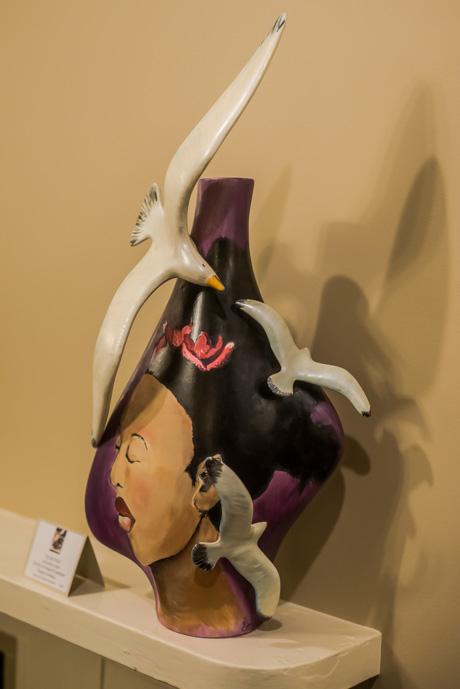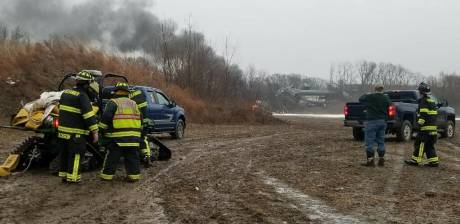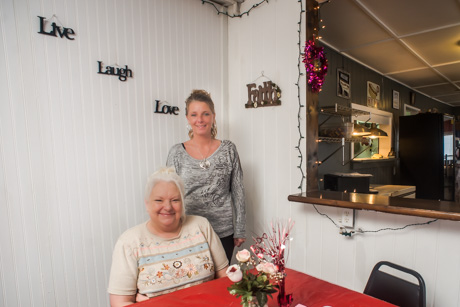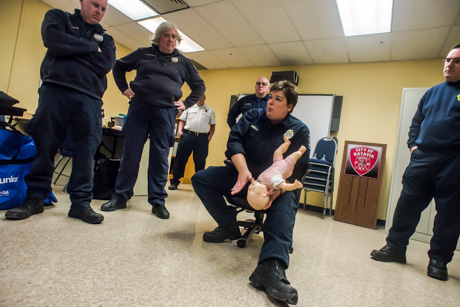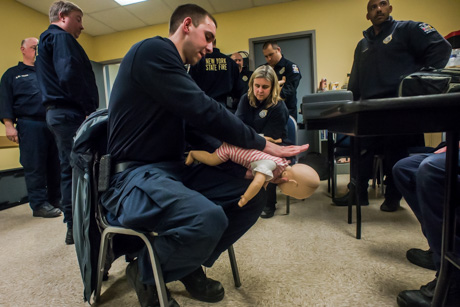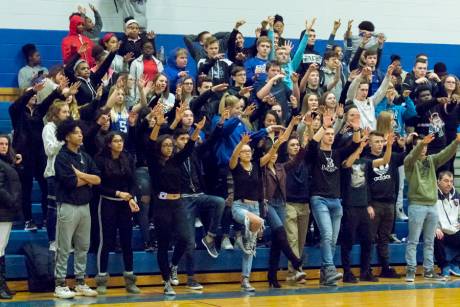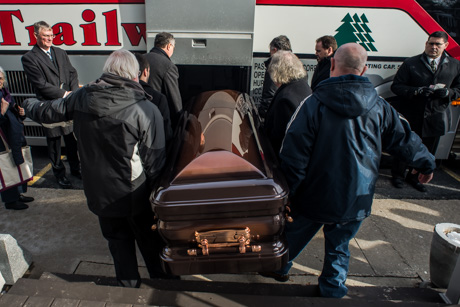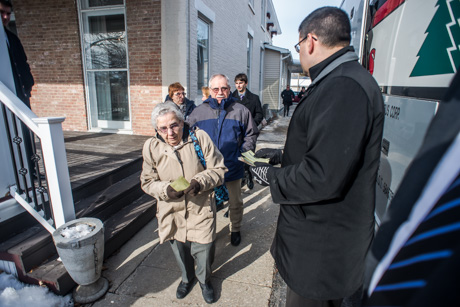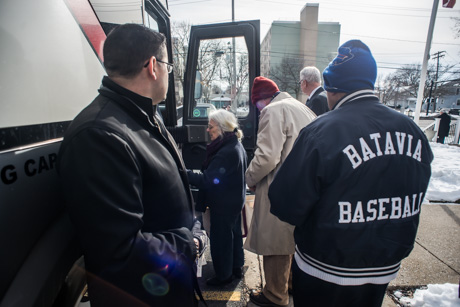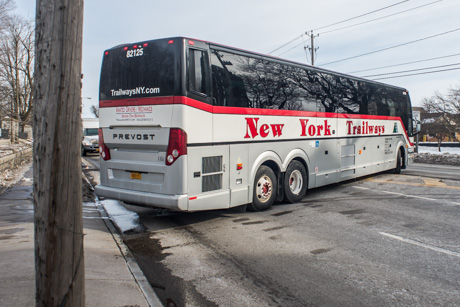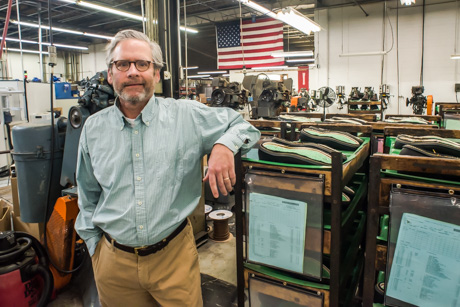The Batavia City Council is poised to pass a budget with few changes from the one proposed by former City Manager Jason Molino a month ago, one with a 3-percent tax rate decrease for local property owners.
The sale of the County Nursing Home, putting that property back on the tax roles, along with several years of conservative budgeting practices by Molino, have helped the city hold the line on spending.
"I think it's trim," said Council President Eugene Jankowski following the council's second budget workshop last night. "I think it's well laid out and it does show a 3-percent decrease, thankfully, because the nursing home is on the tax rolls now. We haven't jumped forward because we have that nursing home. We haven't suddenly gone off on wild spending. We've kept it as trim as we can keep it."
The current city property tax rate is $9.27 per thousand. The proposed tax rate is $8.99. The $120,000 the nursing home as private property this fiscal year will add $120,000 to the tax roll. About half of the tax rate decrease, 13 cents, can be attributed to the nursing home property passing into private ownership.
Molino's budget process, which won the city awards, has allowed Batavia to build healthy reserves and establish a sound financial base for the city.
The biggest dilemma facing Interim City Manager Matt Worth is how to come up with $4,500 to improve the softball and baseball fields in the city's parks.
Michael Jamil, who has spearheaded the return of slow-pitch softball leagues to Kibbe Park, came to the council last week and asked for improvements to the playing field. Council members responded favorably to the request and have instructed Worth to figure out how to purchase new baseball soil, the necessary equipment and provide the manpower to get the job done.
At last night's meeting, Worth said he thinks there is enough money left over from 2017 to cover the costs without revising the 2018 proposed budget.
Councilwoman Kathy Briggs suggested using funds left over from Vibrant Batavia, but that would actually require adjusting the 2018 budget.
"If there’s surplus money in a reserve account, it would be easier to use that money this year to start ordering that stuff than to take it out of the 2018 budget," Jankowski said.
The talk of parks sparked Councilwoman Rosemary Christian to pitch one of her perennial requests: A spray park on the Southside.
"We need some stuff on the Southside," Christian said.
"I understand that," Jankowski responded, "and the ball field is a start."
"What does that have to do with little kids having a spray park?" Christian shot back.
"From the people I talked to, they're not really happy about taking on more debt to create another park and pay a water bill," Jankowski said.
He argued that the spray park in Austin Park serves all of the city's needs and it wasn't difficult to reach for people living on the Southside.
"It’s more than just a drive down the road if you’re a single mom and it’s 85 degrees," Councilwoman Patti Pacino said.
Jankowski said that building the spray park in Austin Park 14 or 15 years ago was one of the reasons the city wound up more than $3 million in debt a decade ago. He said he doesn't think people want to see the city go down that path again.
"I don't see support for a spray park," Jankowski said. "I just don't see it."
Christian said that's because he only talks to people their age.
Councilman Adam Tabelski suggested that the discussion of a water park should be reserved for work on a new parks master plan. The council quickly seemed to adopt that consensus.
Councilman John Canale then asked Christian if she was going to, again, have any last minute amendments or objections to any raises in the budget.
Christian said her only concern is that she thinks city police officers don't make enough money.
"I really don’t think they get enough money," Christian said. "I figure their lives are in danger every day they leave. Our fire department, OK. I don’t have a problem with it this year. I have a problem with management in this beautiful comfortable building while these guys (motioning to Police Chief Shawn Heubusch and Fire Chief Stefano Napolitano) here have to go out and freeze their asses off.
"They don’t know what is going to happen behind that door. They don't know what is happening down the road. They don’t know if they’re going to get shot, nothing, and I really don’t think they get enough money."
Canale pointed out that is really an issue for the collective bargaining process.
Jankowski said the feedback he's getting is city police officers are more concerned about the state of their deteriorating police station than they are about their pay.
"The main thing these guys want is a building," Jankowski said. "They’re not saying, 'I’m underpaid.' They’re saying 'we’re in a (horrible building) and this is a tool.' The building is their tool to do their jobs."
Christian said she is fine with the police getting a new headquarters.
Asked if she was going to vote for the budget, Christian, often a nay vote on budgets, said, "maybe."
"I've got my sidewalks," she said. "I’ve got my two roads to be resurfaced this year. I expect four next year."
The budget session included a report from Napolitano on his budget request, which represents an 11-percent decrease in spending.
The primary reason for the decrease, Napolitano said, is that the fire department is once again fully staffed and all members have completed training. That greatly reduces the amount of overtime paid out.
Council members took a keen interest in his request for a new leaf blower as part of the small-equipment budget request.
"The leaf blower is one small piece of safety equipment that has multiple functions at the fire station," Napolitano said. "What we do is we keep the apparatus floor clean, rather than using water in the wintertime to clean the apparatus floor. This helps really remove the fine-grained sand that comes in. You can broom the fire station floor down all you want but you can't really eliminate all the sand and debris (without a blower)."
The other key feature of the $3.6 million fire department budget is a request for five to seven new sets of turnout gear.
"We're on a replacement program for turnout gear," Napolitano said. "I'm looking to purchase between five and seven a year. Turnout gear has10-year NFPA scheduled life and rather than to purchase 36 sets all at one time at $3,000 dollars a set, I'm looking to stagger five to seven sets every year so this really isn't a large expense for the city."
As for the budget, the proposed tax rate will be the lowest its been since 2006, supporting a total expenditure of $24.3 million. That's a total spending increase of 1.9 percent, keeping the tax levy below that tax cap requirements.
The council will hold a public hearing on the proposed budget Feb. 26.
Meanwhile, the council continues to move ahead on the process of replacing Molino. Jankowski said eight or nine search firms have expressed interest in helping the council find a replacement. A committee is reviewing those applications and within the next week will interview what they consider the best two or three options. Jankowski said the goal is to have a recommendation for a search firm -- which will cost the city about $20,000 -- by the council meeting on Feb. 26.

